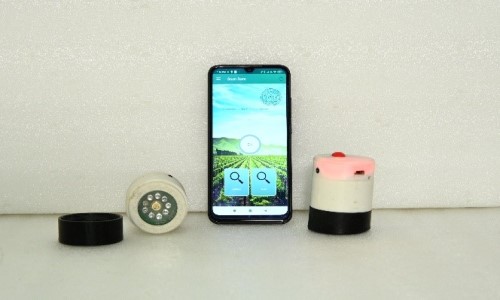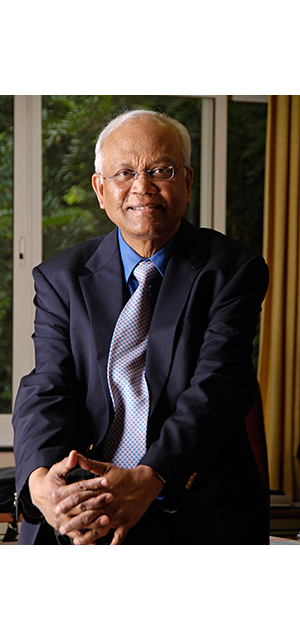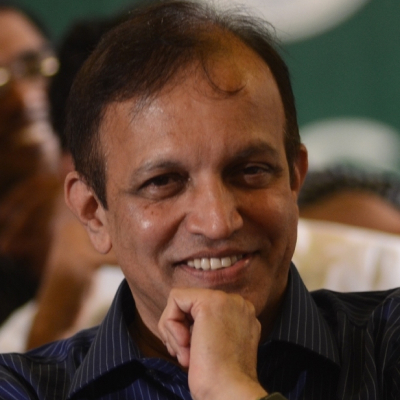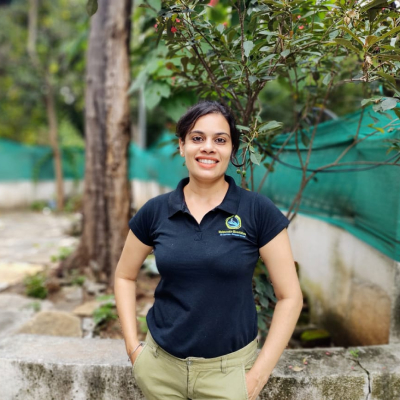– Kshitija Athlekar
For many decades, the Indian economy has served primarily as an agriculture-driven economy. When as much as 70% of rural households depend on agriculture for their livelihood, it’s astonishing to know that 82% of these farmers still operate at a small and marginal level. There are several problems faced by farmers in India like dependency on rain, insufficient water supply during dry days, poor storage facilities, lack of transportation facilities, unawareness about modern techniques and the list can go on and on.
One such problem that cannot be ignored is the expensive and time-consuming process of soil testing! Well, the problem doesn’t end here, for soil testing, farmers situated in remote areas need to travel long distances to reach the agriculture department situated mostly in urban areas. The complex testing techniques and the requirement of experts to carry out the process often delay the test results.
When the government officials are being lethargic and farmers showing “Yaha aise hi chalta hai” (system works this way) attitude about this problem, A professor from IIT Kanpur’s chemical department, Prof. Jayant Singh has taken it up seriously. Prof. Singh belongs to a family who has worked in agriculture sector for almost two decades. His grandfather and father retired from the Indian Council of Agriculture Research (ICAR). Prof. Singh recollects about how almost all discussions at home were about agriculture and the betterment of Indian farmers? It is very obvious for Prof. Singh to feel passionate about the Agri sector.
When the central government started laying emphasis on improving soil quality, Prof. Singh felt motivated to develop a convenient and easy-to-operate tool for soil checking. Prof. Singh was aware of the underlying problems that farmers face for soil testing. His main intention was to make the tool that will save effort, time and still provide accurate results. Though farmers are unaware of modern farming machines and techniques, smartphones have reached every single household in India. Prof. Singh used this reality and developed a tool that could be operated using a smartphone.
Prof. Singh named this portable device “Bhu Parikshak” (Soil Tester). The device is easy to use, does not require any elaborate training to the user, is eco-friendly, and also economically affordable. Just a handful of dry soil is poured into the handheld unit and the result is delivered within 90 seconds. It can’t get simpler than this. The device was tested for a year across the country with a success rate of almost 85-90%. The device determines crucial soil parameters, such as nitrogen, phosphorus, potassium, organic carbon, clay contents. Not just the soil testing but the device also suggests the required dose of fertilizer for the field. The device is operated using a mobile application that can be downloaded from the google play store, a method which every Indian knows of, moreover, the application supports all regional languages making it convenient for a farmer. Each device can check up to 1 lakh samples which creates a possibility of collective usage within the periphery.
IIT Kanpur has collaborated with Agronxt, the Agri product manufacturing company, to make the device available in the market. Bhu Parikshak is definitely a step towards the betterment of the Indian Agri sector!
Please see the following news Source(s) and original reference(s) therein:
(thebetterindia.com, Dec 25, 2021)





